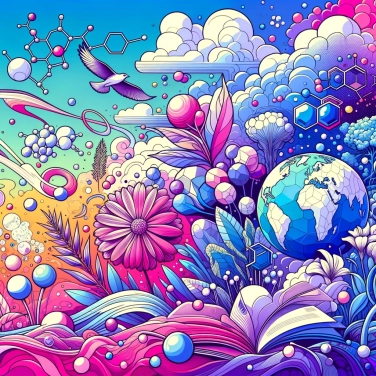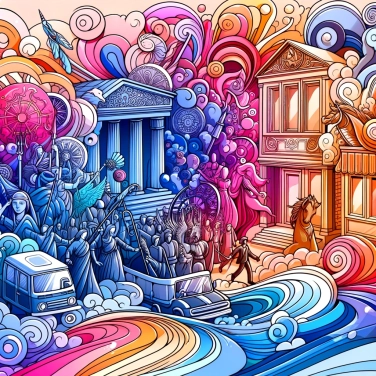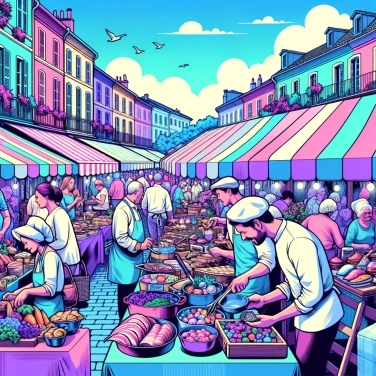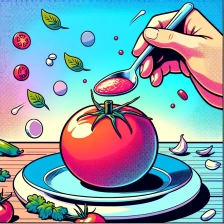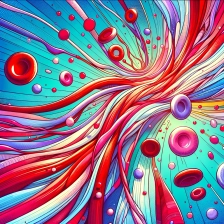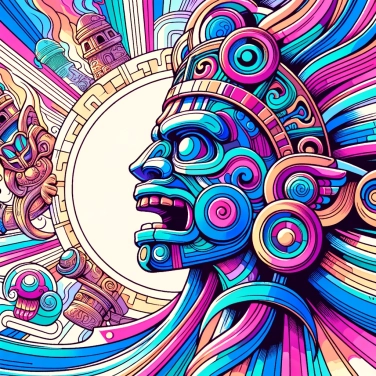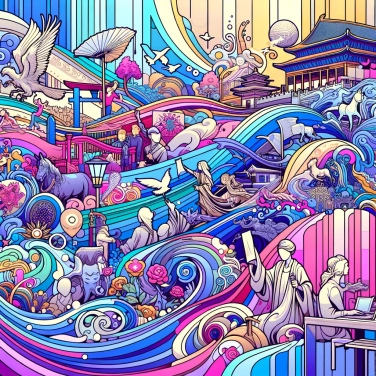In detail, for those interested!
First use of jade masks by the Mayans.
The Maya began using jade masks as early as the Middle Preclassic period, around 900-600 BC. These early masks were typically associated with royal burials, indicating a strong royal and religious connotation. Jade was a precious stone for the Maya, symbolizing fertility, power, and divinity. Jade masks were considered sacred objects, embodying the spirit of the deceased and ensuring their transition to the afterlife. These masks were also used in funeral and ceremonial rituals to honor ancestors and communicate with the gods.
Religious meaning of jade masks
Jade masks held a central place in Maya religion and spirituality. They were considered sacred objects because jade was associated with important symbolic properties. Jade was seen as a precious and powerful stone, symbolizing fertility, life, and rebirth. The Maya believed that jade was the sweat of the gods and that it served as a link between the earthly world and the world of spirits.
Jade masks were often worn during important religious ceremonies, including funeral rituals and celebrations in honor of the gods. They were believed to protect and guide the deceased in the afterlife, ensuring their safe passage to the other world. Maya priests also wore jade masks during rituals to communicate with the gods and seek their blessings for the community.
The green color of jade was particularly significant for the Maya, symbolizing life, growth, and nature. Jade masks were often carved with patterns representing deities, sacred animals, or religious symbols, enhancing their spiritual power and importance in religious rituals.
In summary, jade masks held deep religious significance for the Maya, connecting them to the gods, nature, and the afterlife. Their use in religious ceremonies demonstrates the importance of jade in Maya spirituality and the belief in its protective and regenerative power.
Manufacturing techniques of jade masks
The Mayans used jade masks in their religious ceremonies because of the deep spiritual meaning associated with this precious stone. Jade was considered a sacred stone, symbolizing life, death, and the cycle of nature. The techniques used to make jade masks were highly specialized and required advanced craftsmanship.
To make a jade mask, Mayan artisans used stone tools such as chisels and obsidian scissors to sculpt the raw stone. The process of carving jade was long and laborious, requiring great precision and attention to detail. The artisans also had to take into account the unique physical properties of jade, which is a hard stone that is difficult to work with.
Once carved, the jade mask was polished using jade powder and water to give it a smooth and shiny appearance. Mayan artisans used sophisticated polishing techniques to highlight the natural beauty of jade and to create complex patterns and elaborate designs on the masks.
Jade masks were often inlaid with shells, semi-precious stones, and sometimes precious metals to add a touch of color and refinement. These additional ornaments were attached to the mask using natural resin or other organic adhesives.
Finally, jade masks were sometimes decorated with colorful paintings representing important symbolic and religious motifs for the Mayans. These paintings were made with natural pigments extracted from minerals and plants and applied with brushes made of plant fibers.
In conclusion, the manufacturing techniques of Mayan jade masks were complex and demanding, reflecting the deep respect and veneration they had for this precious stone in the context of their religious and spiritual practices.
Social importance of jade masks
Jade masks were symbols of prestige and power within Maya society. The wearing of these masks during religious ceremonies was a testament to the high social status of those who wore them. Leaders, priests, and other members of the Maya elite used these masks to assert their authority and privileged connection to the spiritual world.
In addition to their religious significance, jade masks were also objects of great economic and symbolic value. Jade was a rare and precious material for the Maya, which gave the masks additional social importance. The possession and display of these masks were markers of wealth and power within Maya society.
The use of jade masks could also serve to strengthen political alliances and social relationships. Giving a jade mask as a gift was a gesture of great generosity and could seal important agreements between different factions or Maya cities. These masks were not only objects of worship, but also diplomatic tools and social cohesion within Maya civilization.
![Explain why some countries change time zones?]()
![Explain why Alexander the Great refused to wear shoes.]()
![Explain why Alexander the Great always wore an impressive helmet.]()
![Explain why the last Chinese emperor was so young when he came to power?]()




